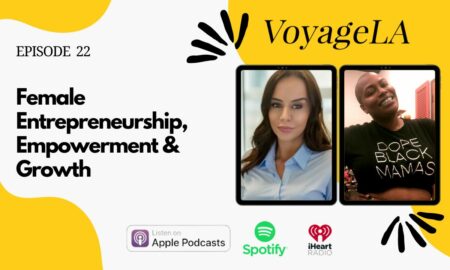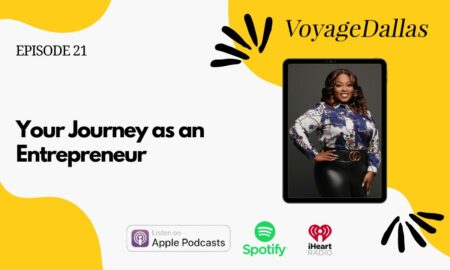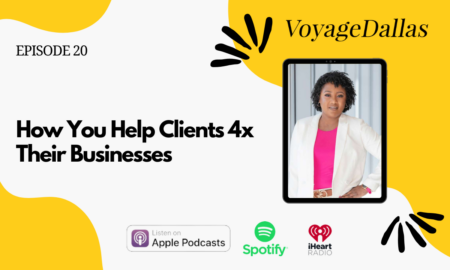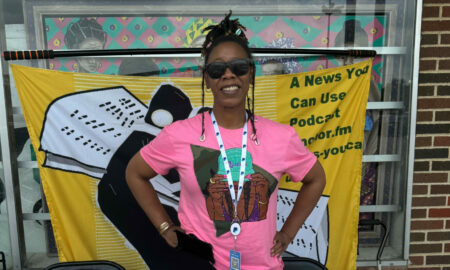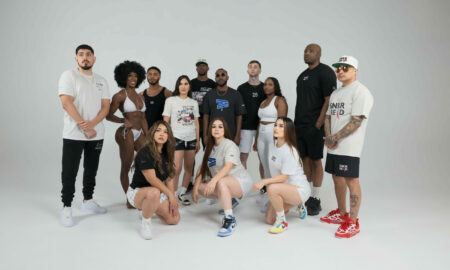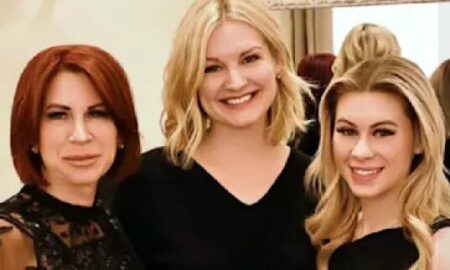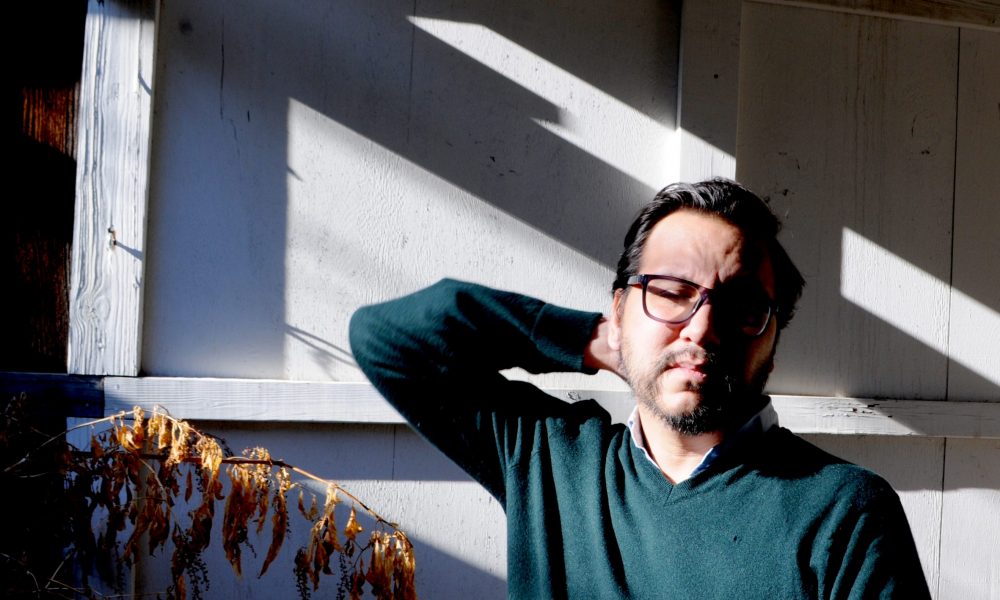

Today we’d like to introduce you to Christopher Mosley.
Christopher, let’s start with your story. We’d love to hear how you got started and how the journey has been so far.
I had my first piece of criticism published online when I was still in high school. It was a fan site, but it felt like a step forward at the time. My childhood passion was visual art but I eventually became more interested in music and writing. I later won an essay contest about music in my senior year which led to lessons from an experimental musician outside of Boston. The goal was to “unlearn” traditional music pedagogical strategies and I eventually incorporated a lot of these lessons into writing.
In the winter of 2000, I visited my cousin at Smith College and the late Kurt Vonnegut was an instructor there. A very small group of us got to ask him questions about how he got his start in writing as well as his time as a prisoner of war. Even though it was a profound experience, I still thought of writing as something other people do.
Following this time I made a handful of albums at recording studios in Chicago and Benton Harbor, Michigan. I got to meet a lot of artists I looked up to and admired. This era of my life helped to understand the process that artists undertake and the immense costs and personal sacrifice involved in their work. I still think of this in my approach to criticism or in a direct interview. I try to remember that some people spend $1,000 a day in the studio for something that very few people may ever hear.
After moving to Austin briefly and touring the country, I came back to Dallas and felt in need of an outlet to explore its various pockets, highly disparate communities, and scenes. I eventually stumbled upon a website that was covering the sort of underground shows I was regularly attending. It was called We Shot JR and it had a refreshingly frank perspective on what to see and what to avoid. WSJR had a daily events template that was highly influential, and I can say that because I didn’t invent it.
The site covered the arts in the city with little regard to the politics that had kept the coverage especially narrow, save for certain publications such as The Met, which was an early influence. Following the end of We Shot JR, I was offered columns at various publications which were surprising to me at the time as I did not think of writing as something to do for money. I was hired at “D Magazine” under contract and I became the magazine’s first music editor. That will be ten years ago in December of 2020. We Shot JR shut down in October of 2010 but I still get asked about it constantly, even though it has been dead twice as long as the span of time that it was regularly updated.
We’re always bombarded by how great it is to pursue your passion, etc – but we’ve spoken with enough people to know that it’s not always easy. Overall, would you say things have been easy for you?
I don’t think any industry is without its challenges, but journalism has been particularly faced with tectonic-sized changes in the past two decades. I’ve been on every side of layoffs, hiring, letting writers go, etc. I’ve learned to not turn my nose up at every new trend or platform that comes along. An open mind is a great way to protect yourself against volatility.
We’d love to hear more about your work.
I’ve freelanced between full-time jobs for the past five years. I wrote about music from Monday through Friday for nearly ten years and so that is obviously where I’m most relaxed. I concentrated on visual art as music became less of a focus. The moments that stand out to me include times when I was able to cover immigration, or politics, or crime; to get out of arts and culture and focus on world events that are slightly more sobering than a concert or exhibition opening, however serious they may be.
On the other hand, the handful of articles I wrote for NBC’s opinion section in 2019 marked a return to more traditional criticism I’ve done in the past and that is very rewarding in a much different way. I love to dig through libraries, university press inventory, and published papers in order to find threads from all of the various stacks of research that have yet to make their way online. I think that combing through history helps to elevate us all out of the quagmire of mere hot takes. Applying that sort of discipline to even the most seemingly disposable pop culture will often produce fascinating results.
Has luck played a meaningful role in your life and business?
I’ve been really lucky in that I worked with every organization in Dallas that I’ve admired in my adult life. I worked with FD Magazine (Fashion Dallas Magazine) before it was shuttered and it was an incredible experience even if it was the twilight of its existence. It was the first dedicated style section of a national newspaper that wasn’t exclusively targeted at women so it was a ground-breaking publication in several ways. I learned much of what I know about editing there. To go from a website that unapologetically covered underground culture to an oversized and perfect-bound glossy magazine was such a fortunate sort of professional whiplash.
I was then recruited to work at a boutique music management outfit in Los Angeles where I found a completely different perspective of how things work behind the scenes. I think bringing that experience back to journalism has been invaluable. Not everyone gets to follow such an interesting and winding path.
A lot of other changes happened from one point to another but I still contribute to those publications so I’m not ready to reflect on that just yet.
Contact Info:
- Website: chrismosley.net
- Phone: 469-525-5008
- Email: christopherjmosley@gmail.com
- Instagram: instagram.com/chrismosley
- Facebook: facebook.com/mosley.christopher
- Twitter: twitter.com/chrisfmosley







 Image Credit:
Image Credit:
Main image: Kristen Bodge.
Suggest a story: VoyageDallas is built on recommendations from the community; it’s how we uncover hidden gems, so if you or someone you know deserves recognition please let us know here.












